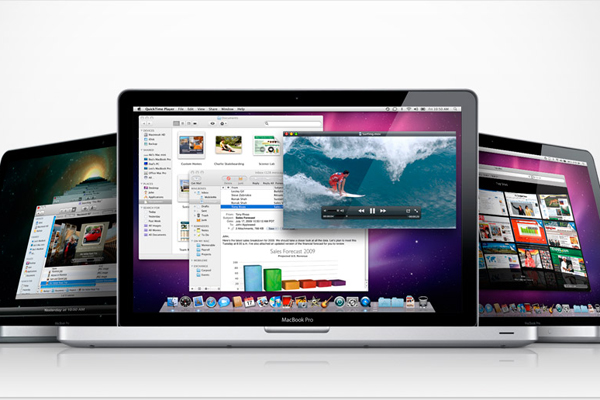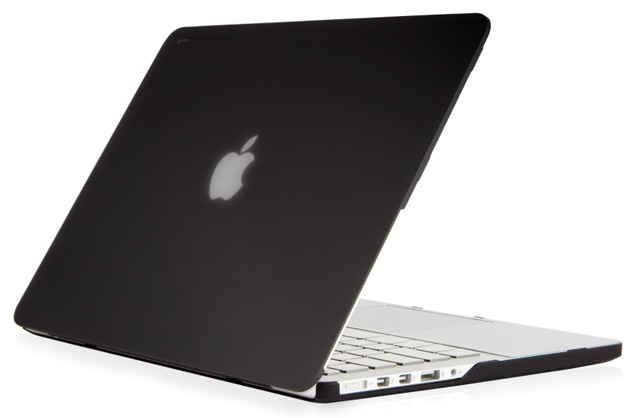Apple batteries can be hacked, says researcher
It's possible to hack Apple MacBook batteries, but you might not be able to blow them up just yet.


It is possible to hack Apple MacBook batteries, with the potential to set them on fire, notable security researcher Charlie Miller believes.
Miller will talk about how to compromise an Apple battery by taking over its "embedded controller" at the Black Hat conference in Las Vegas next month.
That controller the chip responsible for charging the battery - is used in a large number of MacBook, MacBook Pro and MacBook Air laptops.
"I will demonstrate how the embedded controller works. I will reverse engineer the firmware and the firmware flashing process for a particular smart battery controller," explained Miller, who currently works as Accuvant Labs' principal research consultant.
"In particular, I will show how to completely reprogram the smart battery by modifying the firmware on it. Also, I will show how to disable the firmware checksum so you can make changes. I present a simple API that can be used to read values from the smart battery as well as reprogram the firmware."
He said hackers with the ability to control a working smart battery could cause safety issues, such as overcharging or fire.
To hack the hardware, Miller found he first needed to crack a four-byte password needed to unlock the battery from "sealed mode," Kaspersky's Threat Post reported.
Get the ITPro daily newsletter
Sign up today and you will receive a free copy of our Future Focus 2025 report - the leading guidance on AI, cybersecurity and other IT challenges as per 700+ senior executives
He then had to find another password to gain full control of the battery.
"You can read all the firmware, make changes to the code, do whatever you want. And those code changes will survive a reinstall of the OS, so you could imagine writing malware that could hide on the chip on the battery," Miller said.
"You'd need a vulnerability in the OS or something that the battery could then attack, though."
Despite his best intentions, Miller was unable to make the battery explode or set on fire.
He will release a tool at the Black Hat conference to change default passwords on the battery's chip so the hacks will no longer work and the device will be permanently locked in sealed mode.
Tom Brewster is currently an associate editor at Forbes and an award-winning journalist who covers cyber security, surveillance, and privacy. Starting his career at ITPro as a staff writer and working up to a senior staff writer role, Tom has been covering the tech industry for more than ten years and is considered one of the leading journalists in his specialism.
He is a proud alum of the University of Sheffield where he secured an undergraduate degree in English Literature before undertaking a certification from General Assembly in web development.
-
 Bigger salaries, more burnout: Is the CISO role in crisis?
Bigger salaries, more burnout: Is the CISO role in crisis?In-depth CISOs are more stressed than ever before – but why is this and what can be done?
By Kate O'Flaherty Published
-
 Cheap cyber crime kits can be bought on the dark web for less than $25
Cheap cyber crime kits can be bought on the dark web for less than $25News Research from NordVPN shows phishing kits are now widely available on the dark web and via messaging apps like Telegram, and are often selling for less than $25.
By Emma Woollacott Published
